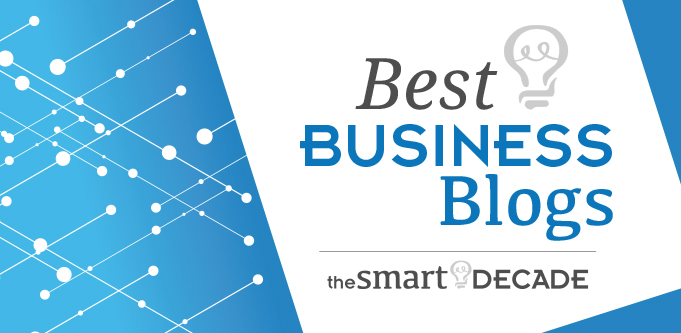Back link quality testing
Google has a new feature (well new to me) Webmaster tools under “links to your site”. There are a couple of new buttons. 
If you click on the “Download Latest Links” you’ll get a file that shows you the links the bot has found in chronological order. In my case this file goes back to 2004! It seems the first backlink Google found for this site back then was from a Mambo support site. That is the Mambo CMS not the popular Latin dance.. although I do prefer the dance to the CMS.. but that’s another story. What is fascinating about this file is that you can plot it against your Google analytics and ranking measurements to see what backlink strategies are working well without the guesswork.
For the most part SEOs have to look at basic cause and effect to understand how a particular backlink has affected the ranking of a keyword. You get a backlink and check if your rankings go up or down. What we haven’t known though is what is the exact date Google picks up that backlink? All we can do is look at the cache date of the page that has the backlink on it, however Google cache dates have never matched the dates Google crawls a page. Any good SEO knows the one thing Google has never told us in all of their tools is when do they come to your site? For that information you have to rely on your own web server logs. In the pre Google Caffeine days, Google would crawl a page and then it may not appear in the index for days and the cache date would differ from the day you knew Google crawled it. Quite frankly it used to do my head in. Now we have a new piece in the puzzle. The date that Google discovered the link.
Don’t worry about backlinks?
Well that’s what Google tells us. They have told us time and time again though that we should be publishing great content that people want to link to. Well you can’t just publish content and hope people will link to it. You have to tell people about it so they can read/watch it and maybe tell others and if it’s worthy maybe you’ll pick up some backlinks. Where should you focus your efforts though? Who should you tell? Logically you should tell your target audience about the content but who in that audience is going to provide a valuable backlink? My audience is on Twitter, it’s on Facebook, Google+, LinkedIn, Pinterest, Tumblr and God forbid probably MySpace now. They read popular mainstream press, blogs and other articles, however most of my viewers/readers over the long term come from search. No surprise there. So sure I need immediate eyeballs at the time of publishing but longterm I want that sweet link juice that keeps on giving in the search results.
By looking at my “latest links” report I can see that a backlink from The Age in a story I was quoted in last year, had zero effect on our rankings. I now know that Google picked up the backlink on the same date the story was published, that isn’t always the case. We got SFA traffic from the story and no phone enquires. I spent an hour and a half on the phone with the journo and was quoted in one paragraph. Don’t get me wrong the journo was a great bloke and I enjoyed to talking to him and discussing the state of SEO but in retrospect probably not a great use of my time as a business owner.
What links have a positive effect though is fascinating. When I exclude Google updates from the equation, Panda/Penguin and the other unknown furry friends and I exclude changes to our site including new content, I can isolate what backlinks have had a direct effect on ranking. The pattern I am seeing is very interesting. We don’t buy backlinks or do press releases for our site so the backlinks we get are usually just for the content.
NoFollow links expire.
The other curious thing about this report is how Google is crawling nofollow links from really old content, which makes me think that nofollow links have a use by date and if they still exist after that date Google will crawl them. Watch today’s show to see the evidence of that.
Download your latest links report, you may find it very illuminating. Love to know what patterns you are seeing. Is Google crawling nofollow links back to your sites?

Jim’s been here for a while, you know who he is.


